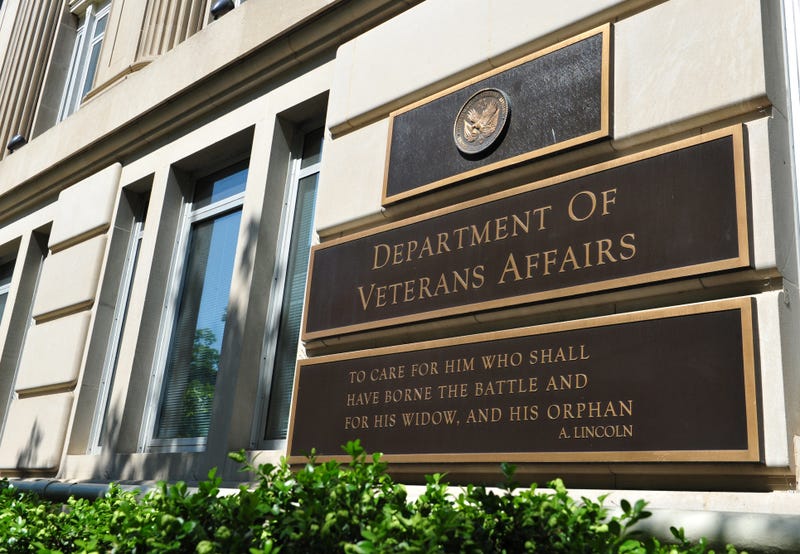
A Department of Veterans Affairs office whose purpose was to protect whistleblowers failed, a watchdog report released Thursday shows, "alienating" them and "floundering" in its mission to shield them from management retaliation.
The report even cited one instance in which the office may have retaliated against whistleblowers itself.
The VA Office of Accountability and Whistleblower Protection (OAWP) was established by President Donald Trump in 2017 under an executive order and under the VA Accountability and Whistleblower Protection Act the same year.
The OAWP receives and investigates whistleblower reports from VA employees or applicants, allegations of misconduct and poor performance of VA leadership and allegations of retaliation against whistleblowers.
But a report released by the Inspector General Thursday shows that the OAWP "floundered" in its duty to protect whistleblowers. The office "acted in ways that were inconsistent with its statutory authority, while it simultaneously floundered in its mission to protect whistleblowers."
Not only did the OAWP fail to protect whistleblowers from retaliation, but the report also found "one troubling instance involved the OAWP initiating an investigation that could itself be considered retaliatory."
At the request of a senior leader with "social ties" to the OAWP executive director, the office investigated a whistleblower who filed a complaint against that senior leader.
Leaders made "avoidable mistakes" early and "created an office culture that was sometimes alienating to the very individuals it was meant to protect." Those "leadership failures," the report said, likely diminished whistleblower confidence in the office.
OAWP leaders "engaged in misdeeds and missteps that appeared unsupportive of whistleblowers while also failing to meet many of the other important objectives of the (VA Accountability and Whistleblower Protection) Act," James Mitchell, an acting executive director in the Inspector General's Office, wrote in the report. "Given the magnitude of the situation inherited by new OAWP leaders in January 2019, significant enhancements are needed for OAWP to meet its mission and purpose."
Earlier this year, whistleblowers warned Congress repeatedly that they and others like them still were still being retaliated against by the VA, including high-profile whistleblowers such as Dr. Katherine Mitchell, one of the doctors who in 2014 first shone a light on extensive wait times for veterans at the Phoenix VA. They told horror stories of decades of abuse by VA leaders, saying not only had things not improved, in some cases they had worsened.
Another VA doctor and whistleblower told Congress that the day before she was set to testify on Capitol Hill, she received a notice from VA leaders -- they were beginning the process to fire her.
Two years after the OAWP was founded, VA leaders said in July that training for VA employees on how to report wrongdoing and prevent retaliation still hadn't been provided.
